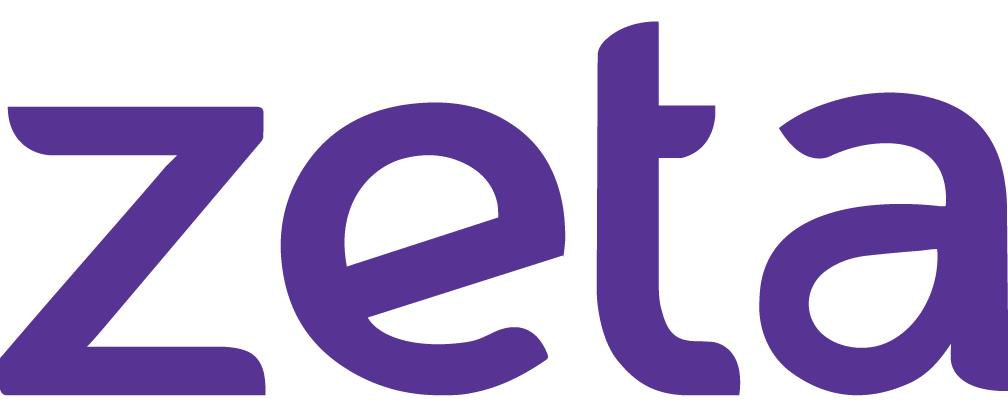
Principal Site Reliability Engineer I / II
zeta
Job Summary
The Site Reliability Engineer bridges development and operations, building and maintaining reliable, scalable, and efficient systems. The role ensures a seamless user experience, promoting automation, collaboration, and continuous improvement. Responsibilities include system reliability, automation, incident response, capacity planning, performance optimization, and infrastructure as code.
Must Have
- Ensure system reliability and scalability.
- Develop automation tools and scripts for operational tasks.
- Monitor system performance and respond to incidents promptly.
- Perform capacity planning and performance optimization.
- Implement Infrastructure as Code (IaC) using tools like Terraform or Ansible.
- Implement and maintain monitoring and logging solutions (e.g., Prometheus, Grafana, ELK stack).
- Collaborate with security teams on best practices and develop disaster recovery plans.
- Continuously analyze system performance for improvement.
- Proficiency in programming languages like Python, Go, Shell, Bash.
- Strong automation skills using tools like Ansible, Puppet, Chef, Terraform.
- Experience with containerization technologies like Docker and Kubernetes.
- Proficiency in cloud platforms such as AWS, Azure, or Google Cloud Platform.
- Understanding of networking concepts, protocols, and troubleshooting.
- Knowledge of security best practices, including encryption and access controls.
- Understanding and implementation of CI/CD pipelines.
- Experience in incident response, troubleshooting, and resolution.
- Proficient use of version control systems like Git.
- 10-15 years of experience in site reliability engineering.
- B.Tech/M.Tech in computer science, information technology, or a related field.
Good to Have
- Experience working for a product organization.
- Certifications from cloud service providers like AWS Certified DevOps Engineer, Google Cloud Professional DevOps Engineer, or Microsoft Certified.
Job Description
About Zeta
Zeta is a Next-Gen Banking Tech company that empowers banks and fintechs to launch banking products for the future. It was founded by Bhavin Turakhia and Ramki Gaddipati in 2015.
Our flagship processing platform - Zeta Tachyon - is the industry’s first modern, cloud-native, and fully API-enabled stack that brings together issuance, processing, lending, core banking, fraud & risk, and many more capabilities as a single-vendor stack. 20M+ cards have been issued on our platform globally.
Zeta is actively working with the largest Banks and Fintechs in multiple global markets transforming customer experience for multi-million card portfolios.
Zeta has over 1700+ employees - with over 70% roles in R&D - across locations in the US, EMEA, and Asia. We raised $280 million at a $1.5 billion valuation from Softbank, Mastercard, and other investors in 2021.
Learn more @ www.zeta.tech, careers.zeta.tech, Linkedin, Twitter
About the Role:
The role of an Site Reliability Engineer is to bridge the gap between development and operations, focusing on building and maintaining reliable, scalable, and efficient systems. The ultimate goal is to ensure a seamless and reliable user experience while promoting a culture of automation, collaboration, and continuous improvement within the organization.
Responsibilities:
- System Reliability: Ensuring the reliability of software systems by designing, implementing, and maintaining scalable and reliable infrastructure.
- Automation: Developing automation tools and scripts to streamline operational tasks, reduce manual intervention, and improve overall system efficiency.
- Incident Response and Resolution: Monitoring system performance and responding to incidents promptly to minimize downtime and ensure high availability.
- Capacity Planning: Analyzing system usage patterns and forecasting future capacity needs to ensure that the infrastructure can handle current and future demands.
- Performance Optimization: Identifying and addressing performance bottlenecks in software systems through optimization and tuning.
- Infrastructure as Code (IaC): Implementing infrastructure as code practices, using tools like Terraform or Ansible, to define and manage infrastructure in a version-controlled and automated manner.
- Monitoring and Logging: Implementing and maintaining monitoring and logging solutions to gain insights into system behavior, troubleshoot issues, and proactively address potential problems.
- Security: Collaborating with security teams to implement and maintain security best practices in infrastructure and application
- Disaster Recovery Planning: Developing and maintaining disaster recovery plans to ensure that systems can quickly recover from major outages or failures
- Continuous Improvement: Continuously analyzing system performance, reliability, and incidents to identify areas for improvement and implementing changes to enhance overall system resilience.
- Mentorship and Coaching: Providing mentorship and coaching to team members to foster their professional development.
Skills:
- Programming Languages: Proficiency in one or more programming languages, commonly Python, Go, Shell, Bash.
- Automation and Scripting: Strong automation skills using tools like Ansible, Puppet, Chef, or custom scripts. Knowledge of Infrastructure as Code (IaC) tools like Terraform
- Containerization and Orchestration: Experience with containerization technologies like Docker and container orchestration platforms like Kubernetes.
- Cloud Computing: Proficiency in any of the cloud platforms such as AWS, Azure, or Google Cloud Platform, and knowledge of managing infrastructure in the cloud.
- Monitoring and Logging: Familiarity with monitoring tools (e.g., Prometheus, Grafana, ELK stack) and logging frameworks to track system performance and troubleshoot issues.
- Networking: Understanding of networking concepts, protocols, and troubleshooting skills.
- Security: Knowledge of security best practices, including encryption, access controls, and vulnerability management.
- Continuous Integration/Continuous Deployment (CI/CD): Understanding and implementation of CI/CD pipelines for automated testing and deployment.
- Load Balancing: Experience in incident response, troubleshooting, and resolution.
- Version Control: Proficient use of version control systems like Git.
Experience & Qualifications:
- 10 - 15 years of experience in site reliability engineering.
- B.Tech/M.Tech in computer science, information technology or a related field.
- Having experience working for a product organization is a plus.
- Certifications from cloud service providers like AWS Certified DevOps Engineer, Google Cloud Professional DevOps Engineer, or Microsoft Certified is a plus
Zeta is an equal opportunity employer.
At Zeta, we are committed to equal employment opportunities regardless of job history, disability, gender identity, religion, race, marital/parental status, or another special status. We are proud to be an equitable workplace that welcomes individuals from all walks of life if they fit the roles and responsibilities.









